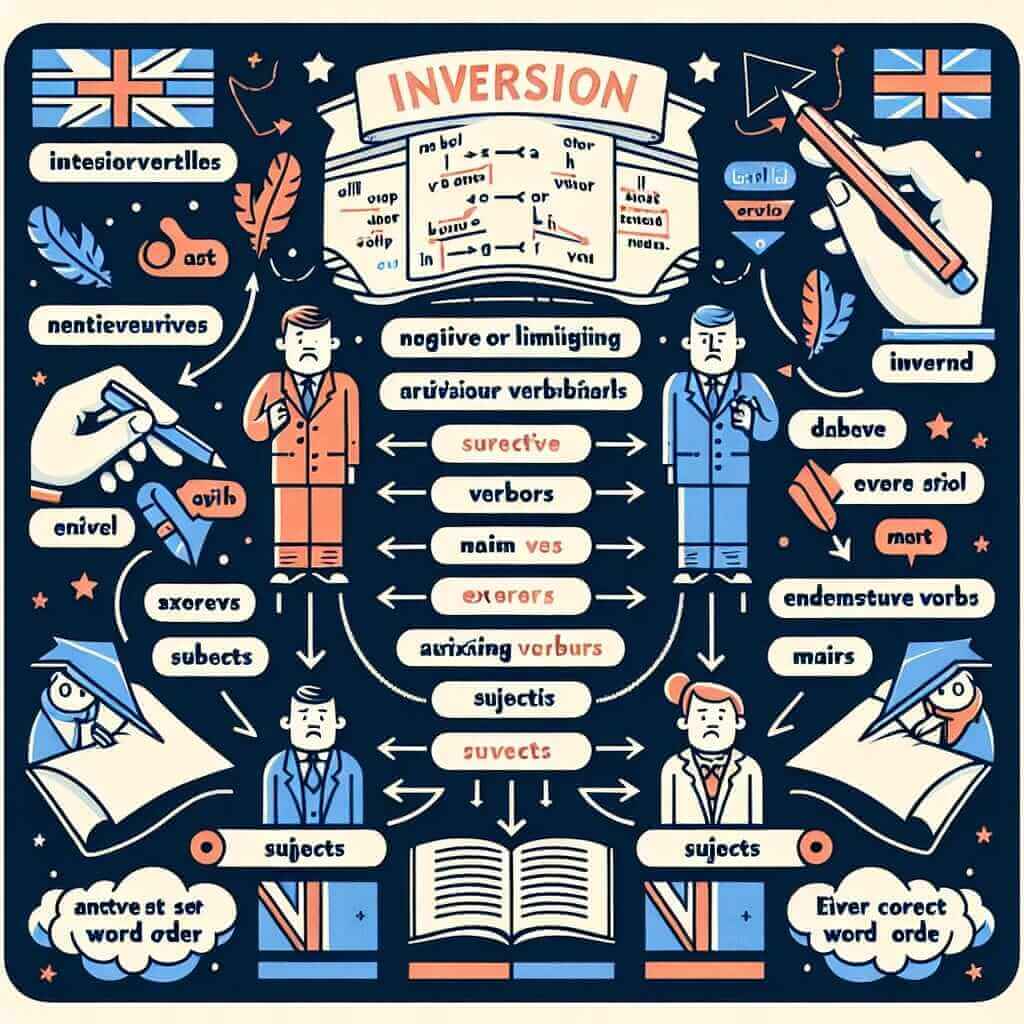“Rarely do we get such opportunities” – a phrase that’s likely caught your eye, especially if you’re aiming for a higher band in your IELTS exam. This sophisticated grammatical structure, known as inversion, is a surefire way to impress the examiner and demonstrate your mastery of English. But how does it work, and how can you use it effectively in your writing and speaking?
Here are a few examples of how inversions can enhance your IELTS responses:
- Speaking Part 2: “Describe a time you had a chance to learn something new.”
- “Rarely do I get the time to pursue new interests, but…” (followed by your experience)
- Writing Task 2: “Some people believe that technology has made our lives easier, while others disagree. Discuss both views and give your opinion.”
- “Seldom has technology had such a profound impact on society…”
- Listening Section 3: You might hear a phrase like, “Not only did the experiment succeed…” signaling a significant outcome.
Understanding Inversions
Inversions turn the typical word order of a sentence on its head. Instead of the usual subject-verb sequence (e.g., “We rarely get such opportunities”), the auxiliary verb (or sometimes the main verb ‘to be’) comes before the subject (e.g., “Rarely do we get…”).
When and Why Use Inversions?
Inversions aren’t just about sounding fancy. They serve specific purposes:
- Emphasis: They emphasize the rarity, unlikelihood, or negativity of a situation.
- Formal Tone: Inversions are more common in formal writing and sophisticated speech.
- Connecting Ideas: They create a smooth flow between sentences, especially in complex arguments.
The Mechanics of Inversion
Inversion Formula:
Negative or Limiting Adverbial + Auxiliary Verb + Subject + Main Verb
Examples:
- Rarely do I eat fast food.
- Never before have I seen such beauty.
- Under no circumstances should you open this door.
Breakdown:
- Adverbial: These often express negativity, rarity, or limitation (e.g., rarely, seldom, never, not only, under no circumstances).
- Auxiliary Verb: This is the helping verb (do, does, did, have, has, had, can, could, should, would, etc.). If the sentence doesn’t have one, use ‘do/does/did’.
- Subject: The person or thing performing the action.
- Main Verb: The primary action of the sentence.
 Inversion Examples
Inversion Examples
Inversions in IELTS
Writing Task 2
- Standard: Technology has transformed communication. It has also led to social isolation.
- Inversion: Not only has technology transformed communication, but it has also led to social isolation. (This creates a stronger link between the two contrasting ideas).
Speaking Part 3
- Standard: I think it’s important to preserve traditions, but they can sometimes hold us back.
- Inversion: While it’s crucial to preserve traditions, rarely do we consider how they might hold us back. (This sounds more thoughtful and complex).
Mastering Inversions: Tips for Success
- Start Slowly: Don’t force inversions into every sentence. Begin with one or two per essay or speaking part.
- Variety is Key: Use a range of negative or limiting adverbials. Don’t just rely on “rarely.”
- Context is King: Make sure the inversion feels natural and appropriate for the situation.
- Practice Makes Perfect: The more you practice, the more confident you’ll become in using inversions accurately.
Common Mistakes to Avoid
- Incorrect Word Order: Remember the formula: Adverbial + Auxiliary + Subject + Main Verb
- Overuse: Using too many inversions can sound unnatural and forced.
- Informal Contexts: Inversions are generally not suitable for informal writing or casual conversations.
Conclusion
Mastering inversions can significantly enhance your IELTS score by showcasing your command of complex grammatical structures. Remember to practice them in context, experiment with different adverbials, and use them judiciously to add sophistication and emphasis to your writing and speaking.


